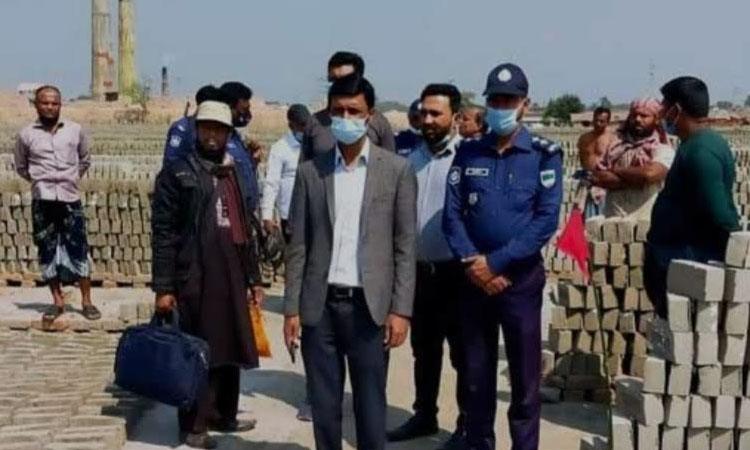News Flash
News Flash

KHULNA, Sept 17, 2025 (BSS) - The Department of Environment (DoE) in Khulna has carried out a major crackdown on environmental pollution, conducting 127 mobile court drives across 10 districts from May 1 to August 31 this year. The operation was part of a government directive to curb air and environmental pollution in the region.
According to DoE officials, the mobile courts filed 352 cases and collected fines totaling over Tk 18.62 lakh during the four-month-long campaign.
As part of the drive, one illegal brick kiln was demolished, while two others were served warnings to prevent air pollution. Officials confirmed that these operations will continue until pollution levels in the region are brought under control.
A major focus of the drive was the ban on polythene. A total of 95 mobile court operations targeted the production and sale of banned polythene products. Authorities seized 20,180 kilograms of polythene and filed 352 related cases.
To reduce noise pollution, particularly from illegal vehicle modifications, 241 separate drives were conducted against hydraulic horns. These resulted in 241 cases and Tk 2.75 lakh in fines. In total, 459 hydraulic horns were seized from vehicles across the division.
Md Sadiqul Islam, Director (Current Charge) of DoE Khulna Division, told BSS that the department is committed to continuing these drives in order to protect the environment, safeguard public health, and ensure the well-being of citizens. He also warned business owners to comply with environmental regulations to avoid penalties.
Speaking to BSS, Mahfuzur Rahman Mukul, Khulna Coordinator of the Bangladesh Environmental Lawyers' Association (BELA), highlighted a High Court directive requiring all illegal, polluting brick kilns to be shut down by 2025.
He noted that despite the ban, many kilns continue to operate unlawfully-often on agricultural land and near ecologically sensitive areas like the Sundarbans. These kilns frequently use topsoil from farmland to produce raw bricks, which severely impacts soil fertility and the environment.
Mukul stressed the need for intensified DoE operations against such brick kilns, adding that most industrial facilities in the region are constructed without adhering to environmental regulations.
He pointed to unregulated industrial activities, fossil fuel burning, and growing vehicle emissions as major contributors to poor air quality.
Sheikh Ashrafuzzaman, President of the Greater Khulna Unnayan Action Coordination Committee, stressed the need for coordinated efforts to combat environmental degradation. He called for stricter enforcement of environmental laws, promotion of cleaner technologies, improvements in public transport, and greater public awareness campaigns.
He noted that around 60 percent of brick kilns in the region operate illegally and contribute heavily to air pollution. He also raised concerns about the lack of green spaces and the unchecked dumping of construction materials on roads, which worsen dust pollution and the overall environmental condition.